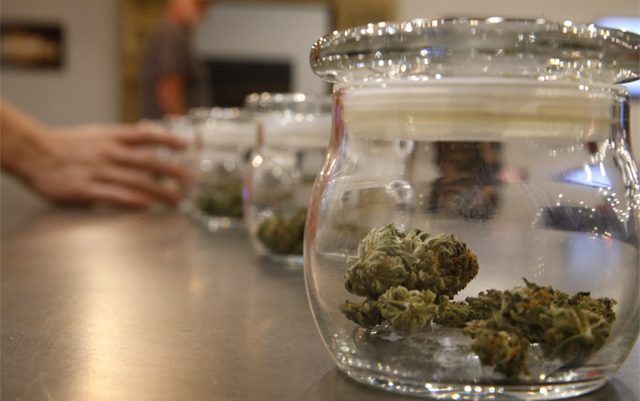There is a theory prevalent among many politicians that all you need to do to raise more tax revenue is to raise the tax rate; this theory is as old as the concept of taxation itself, and no matter how many times it is debunked there will still be a group of people in power who see the theory as common sense.
After all, 20% of $100 is $20. Ten percent of $100 is only $10. And $20 > $10. So to increase revenue from $10 to $20 all you have to do is raise the tax rate from 10% to 20%. Simple, right?
The problem, of course, is that we are dealing with human beings, not numbers. When a product or service is taxed, it becomes more expensive; the tendency of the provider of that product or service is to pass the extra cost along to the consumer. If everyone in an industry is taxed at the same rate and sees the same rate increase, they will all raise their prices pretty much uniformly throughout the industry. If your competitors raise prices, you can too without losing market share.
The legal cannabis industry is the same as all other industries in that regard. The notion that simply raising marijuana tax rates will bring in more tax revenue is just as misguided there as it is in any other industry.
Examples of why this is the case are numerous, but we’ll take a look at just a few.
For instance, those in local and state government will readily admit that tax rates on tobacco products are high in an effort to get people to use less tobacco. The same is true with the recent tax hikes on soda in cities like Philadelphia. And while it’s true that the rate hike could more than make up for the drop in sales, causing actual revenue to rise for a time, there will always come a point when you can raise taxes no more without destroying the very industry you are trying to raise revenue from.
This problem is even more acute when it comes to legal cannabis because of the massive marijuana black market that is well-established and has been operating for many decades. If you raise soda prices, people will go to substitutes like juice or water. When you raise legal marijuana prices, there is a ready substitute in the form of illegal marijuana.
We can see the same effect in areas like the income tax. Higher income tax rates don’t necessarily lead to higher revenue since higher rates give income earners more incentive to hide or shift income, take advantage of more loopholes and deductions, etc. In other words, higher income taxes discourage the making (or at the very least, reporting) of that income.
Attempts like one currently underway in Massachusetts to raise extra revenue from legal marijuana by greatly increasing the tax rate are sure to backfire and lead to less revenue than would have been garnered had the tax rates remained reasonable. Lower taxes will lead more consumers from the black market into the light of the legal market, increasing sales – which, in turn, will increase revenues.






